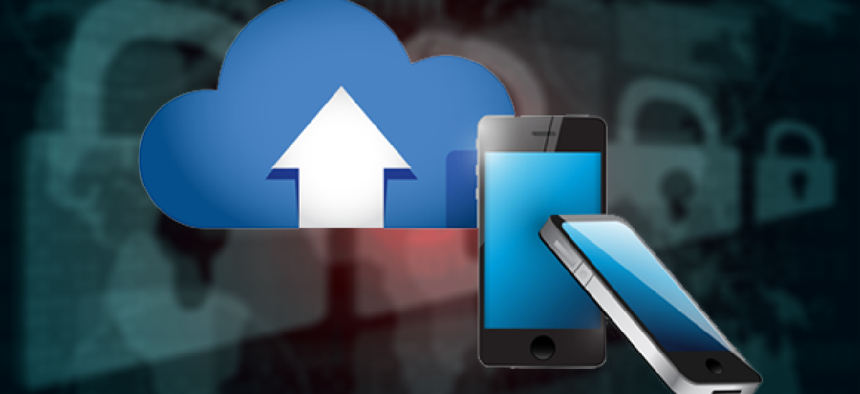Entrust offers agencies smart-card management from the cloud


Connecting state and local government leaders
Entrust Datacard released a console that lets agencies produce a single unified identity credential for each person associated with an agency, delivered as a service.
Entrust Datacard released a new component of its IdentityGuard cloud services that consolidates the management of smart cards, USB tokens and mobile smart credentials — in the cloud.
The offering is designed to address the reality that data security “starts with a secure, trusted identity,” the company said, “yet today's organization is tasked with provisioning multiple identities with a variety of incompatible solutions.”
To simplify the process, Entrust developed a console that lets agencies produce a single unified identity credential for each person associated with the agency or a citizen population — delivered as a service.
The cloud-based console is designed to enroll identities, activate credentials by over-the-air enrollment and handle day-to-day management. Onsite printing and encoding of credentials is tightly integrated with the cloud credential management system.
The cloud-based credentialing service offers one credential for building, computer and cloud access as well as a range of applications including secure email, document-signing and photo identification.
"Security, privacy and protection of sensitive information cannot be maintained if organizations still rely on legacy authenticators or, worse yet, usernames and passwords," said Entrust President David Wagner. “By leveraging the cloud, organizations not only bolster security, but truly open the door for end-to-end management of digital identities for mobile devices, cloud applications, internal services and more."
Entrust IdentityGuard cloud services also integrates with the company’s Mobile Smart Credential, the firm announced. The feature turns a mobile device into a digital identity tool for secure physical, logical and cloud access.
"We're looking beyond just plastic card form-factors," said Wagner. "The service gives organizations the choice to use either smart cards or USB tokens, or even leverage employee-owned and corporate-issued mobile devices to serve as convenient, cost-effective mobile smart credentials."
Tapping near-field communication and Bluetooth communication standards, the Mobile Smart Credential uses embedded digital certificates on smartphones to create trusted identity credentials for enterprise authentication, digital-signing and encryption.
The firm also pointed out that its Non-Federal Identity Shared Service Provider PKI (Federal Bridge CA) & Smart Credential application helps government agencies distribute identity credentials to third-party contractors for authenticated access to sensitive information, applications and databases.
NEXT STORY: Dell appliances to run Nutanix virtual platform




